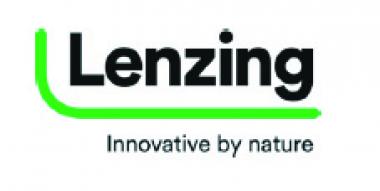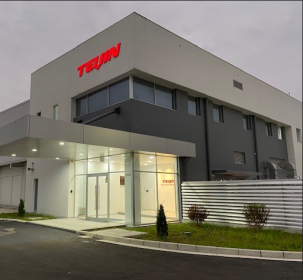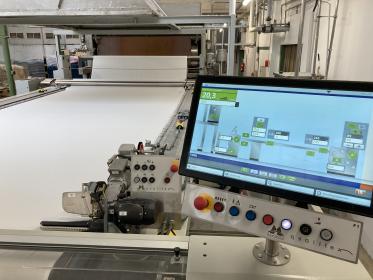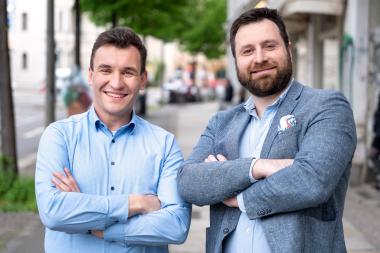CENTA-STAR introduces Product with CELLIANT®
Materials science innovation pioneer Hologenix, LLC, whose CELLIANT® infrared technology is an ingredient in brands across many categories, has another important partner, bedding specialist Centa-Star. Based in Stuttgart, Germany and available throughout Europe, Centa-Star has introduced a new line of “Regeneration” duvets and pillows infused with CELLIANT mineralized fibers.
Regeneration products, thanks to CELLIANT, are thermo-regulating with maximum breathability, promoting stronger performance, faster recovery and better sleep.
CELLIANT thermo-reactive minerals absorb the body heat and convert it into infrared energy, which is reflected back to the body. The resulting temporary increase in blood flow and local circulation helps regulate body temperature and increases tissue oxygen. This leads to a more restful, restorative sleep as well as faster recovery and stronger performance.
Centa-Star Regeneration products are available online throughout Europe in selected department stores in Germany, Austria and Switzerland, including KaDeWe Berlin, Betten Rid in Munich, Karstadt or Kaufhof stores, in well-sorted furniture shops, in upscale specialist shops.
Sarah P. Fletcher Communications






































